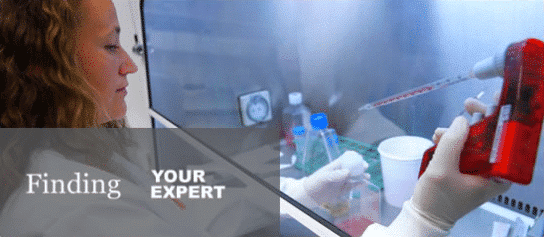Experts Joint Statement Declaration – Civil – England & Wales
Discussions Between Experts
Under the CPR at the conclusion of a discussion between Experts, a Joint Statement must be prepared setting out:
- Issues that have been agreed and the basis of that agreement;
- Issues that have not been agreed and the basis of the disagreement giving cogent reasons for the disagreement;
- Any further issues that have arisen that were not included in the original agenda for discussion; and
- A record of further action, if any, to be taken or recommended, including if appropriate a further discussion between Experts.
- Any significant change in an Expert’s opinion should be noted in the joint statement explaining the change of opinion.
A common practice is for the Joint Statement to be prepared by one Expert after the Meeting has finished. It will then be sent to the other Expert(s) for correction and signing; in practical terms this simple process is not Best Practice and can take a considerable amount of time and attendant expense. It should be remembered that the Joint Statement is effectively the minutes of what was agreed at the Meeting and not what an Expert, party or lawyer thinks should have happened. Wherever possible the Experts should sign off items as they agree them. This process reduces the areas for subsequent disagreement about what was or was not agreed.
The Joint Statement should be signed by the Experts at the conclusion of the Meeting or as soon as practicable and in any event within 7 days. The parties should be provided with signed copies of the Joint Statement not later than 14 days after they are signed. The Joint Statement must also contain a brief restatement, in the form of a Declaration, that the Experts recognise their duties and obligations as an Expert.
Joint Statement Declaration
For all civil cases in England & Wales under CPR in accordance with the Guidance for the instruction of experts in civil claims issued by the Civil Justice Council this Declaration should be inserted into the Joint Statement issued following the discussion(s) of experts immediately before the experts’ signatures.
- We the undersigned experts individually here re-state the Expert’s Declaration contained in our respective reports that we understand our overriding duties to the court, have complied with them and will continue so to do.
- We further confirm that we have neither jointly nor individually been instructed to, nor has it been suggested that we should, avoid or otherwise defer from reaching agreement on any matter within our competence.
Joint Statement Declaration to be used when the Meeting is prior to Reports being prepared
Generally the discussion between experts takes place once the reports have been prepared and exchanged. These Reports would have included the Expert’s Declaration. If however, the discussion is before the preparation of the Experts’ Reports a different Declaration is required on the Joint Statement. This is shown below and should be in the Joint Statement immediately before (above) the experts’ signatures.
- We the undersigned experts individually confirm that we understand our overriding duties to the court, have complied with them and will continue so to do.
- We the undersigned experts individually confirm that we have read Part 35 of the Civil Procedure Rules, the accompanying practice direction and the Guidance for the instruction of experts in civil claims and have complied with their requirements.
- We further confirm that we have neither jointly nor individually been instructed to, nor has it been suggested that we should, avoid or otherwise defer from reaching agreement on any matter within our competence.
NOTE: This declaration is for the Joint Statement only and does not take the place of the full Expert’s Declaration which should be included in all expert’s reports
This version is effective from 1st December 2014




